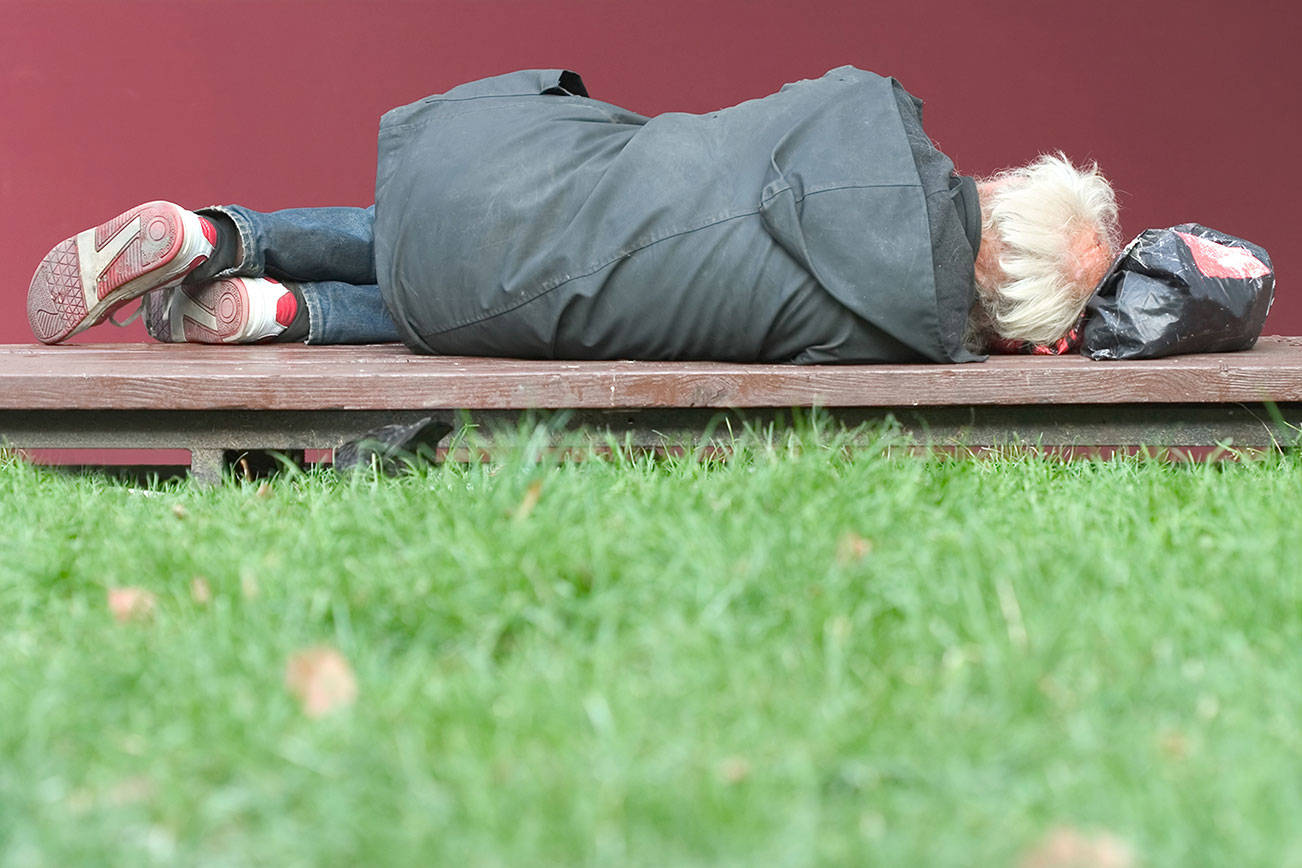Passage of a new tax designed to raise money for homelessness was approved at the county level last week, blocking more cities from passing their own versions.
The Metropolitan King County Council voted on Oct. 13 to enact a 0.1% sales tax countywide. But the county didn’t act before a Sept. 30 deadline, meaning that during the two-week gap, several cities across the county voted to implement their own tax.
These cities include North Bend and Snoqualmie, along with Bellevue, Issaquah, Kent, Renton and Covington. The sales tax revenue from these cities will not go to the county unless approved by the cities first.
Despite this, county council members said at the Oct. 13 meeting that they were excited for the opportunity to pool resources. And cities that voted to enact their own tax — keeping the money controlled at the city level — can contribute funding to county efforts if they choose.
King County is planning on using the money to fund permanent supportive housing for more than 2,000 chronically homeless people. This includes not only housing, but wrap-around services for issues such as mental and behavioral health.
The county could choose to bond against part of the money raised, giving it up to $400 million immediately. But the cities that opted to collect their own taxes took a combined $17.3 million with them.
According to a report by PubliCola, had all the cities let the county collect the tax, it would bring in just under $68 million in 2021. The county could then bond against half that amount for $400 million. PubliCola said the county needs roughly $30 million a year in sales tax revenue to buy the bonds.
With the seven cities pulling out of the county plan, roughly $50 million a year will remain in King County coffers.
While some cities will collect significant chunks of change, like Bellevue’s nearly $9 million a year, or Kent and Renton with $2.8 million annually, others will not. North Bend only expects to collect $300,000 annually, and Snoqualmie expects to collect even less at $250,000.
This means that the two largest cities in the Snoqualmie Valley could only bond for perhaps $3 million to $4 million. And while this isn’t nothing, with property values high across Puget Sound, it’s unclear how effective it could be.
“It would be very difficult to have a significant impact,” said Sharon Lee, director of the Low Income Housing Institute. “I think in this case scale does matter.”
The Snoqualmie City Council approved their tax on Oct. 5, with only one council member voting against it. Council member Peggy Shepard questioned whether the city could handle much-needed affordable housing projects on its own.
The North Bend City Council approved their tax on Oct. 12 in a 5-2 vote, with the two opposing members saying they wouldn’t vote to increase taxes, said city spokesperson Danna McCall.
The county can begin collecting the tax beginning Jan. 1, 2021.



